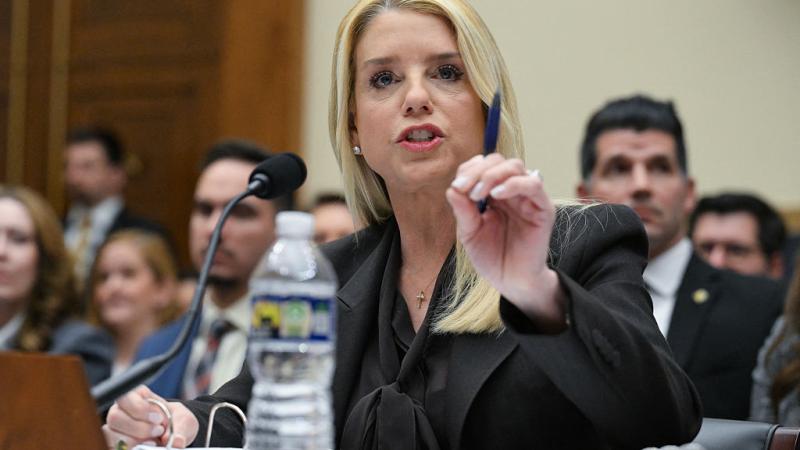12 of 19 federal agencies get failing grade on calendar transparency report card: watchdog group
Only one federal agency received an A for transparency about the administrator's meetings.
Twelve of 19 federal agencies received a failing grade on a calendar transparency report card released Tuesday by a public accountability watchdog group.
Protect the Public's Trust graded agencies on the accessibility, quality, completeness, and timeliness of their meeting calendars. If an agency met all four criteria, they received an A. If they met none, they received an F.
The group defines accessibility as how easy it is for the average person to find and navigate a calendar. Quality is determined by the extent to which calendars identify who a department head is meeting and what topics are discussed. Completeness measures how much of the administrator's tenure is available on the calendar, i.e., whether or not significant blocks of time are missing. Timeliness is how long it takes for calendar information to be posted after a meeting has occurred.
Protect the Public's Trust gave an F for calendar transparency to the Departments of Agriculture, Commerce, Energy, Health and Human Services, Homeland Security, Housing and Urban Development, Justice, Transportation, and Veterans Affairs, as well as the Office of Personnel Management, Small Business Administration, and U.S. Agency for International Development.
These agencies flunked because they didn't provide public calendars for their administrators that are easily accessible to the public.
The Environmental Protection Agency was the sole agency to receive an A. The only recommendation for the EPA was that it proactively provide information about those attending the administrator's meetings and the topics of discussion.
The Departments of Labor and Defense received B grades, while the Departments of Education, State, and Treasury were each given a C. The Department of the Interior was originally given a D, but was bumped up to a C after a gap of four months in the secretary's calendar was filled in following the report's submission for publication.
The Government in the Sunshine Act of 1976 directs that "every portion of every meeting of an agency shall be open to public observation." The exceptions to this include issues related to national defense, matters within the agency, and anything covered by privacy rules.
"Transparency is a foundational element of the American system of government," said Michael Chamberlain, director of Protect the Public's Trust.
"It's also important for agencies to be proactive about providing this information, which is vital for the American public's ability to ascertain who is influencing policymakers at the highest levels," Chamberlain added. "Every agency we looked at has room for improvement. We're hopeful that by PPT shining the light on current and former practices at these agencies they will pursue those improvements. This is just the start of a continuing project. The American public deserves it."
















